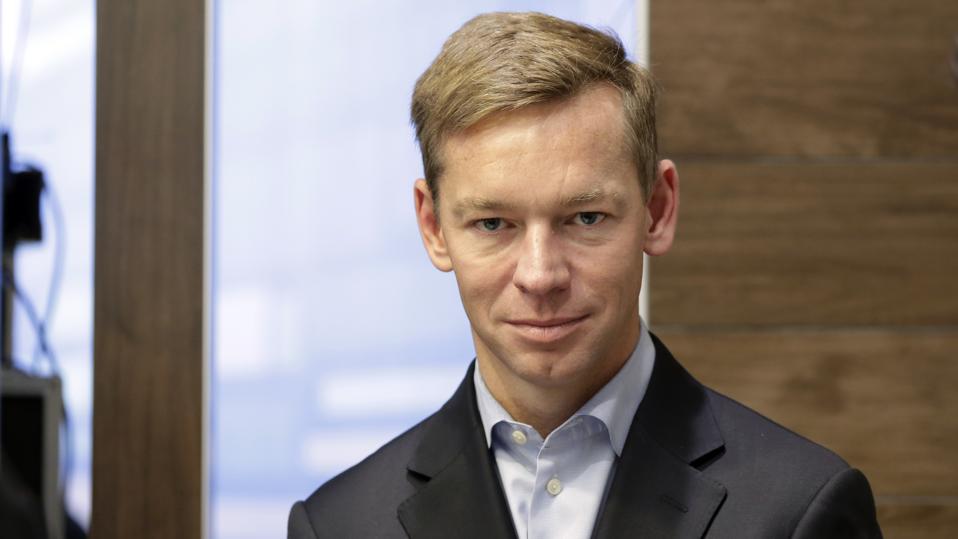
McDonald’s is being sued for up to $1 billion by dozens of Black former franchise owners who claim that the fast-food giant systematically places them in “substandard locations” that hinder profitability and growth, saddling them with high insurance costs and leaving their restaurants performing below the national norm, according to the plaintiffs.
The lawsuit comes weeks after the world’s biggest fast-food chain was among dozens of corporations to release a statement in support of Black Lives Matter and condemn racism following George Floyd’s death and nationwide anti-racism protests.
In June, new CEO Chris Kempczinski acknowledged McDonald’s had more work to do to improve racial equality and diversity within the company after two executives filed a lawsuit against the company for allegedly pushing out Black managers and franchisees.
Despite this, Kempczinski claimed that the chain had created more millionaires in the Black community than any other company.
But the latest lawsuit, filed by 52 Black former franchise owners in a Chicago federal court, says their average sales of $2 million a year between 2011 and 2016 were $700,000 below the national average, often leading them to bankruptcy, Reuters reports.
Jim Ferraro, representing the plaintiffs, told Reuters that the number of Black franchise owners has halved to 186 over the past two decades, while a lawsuit earlier this year claims that almost a third of Black franchisees left under ex-CEO Steve Easterbrook’s tenure between 2015 and 2019.
Ferraro said in an interview with Reuters: “It’s systematic placement in substandard locations because they’re Black. Revenue at McDonald’s is governed by one thing only: location.”
20%. That’s how much of the chain’s revenue Black customers account for in the U.S., CNBC reports.
The lawsuit is the latest turn in McDonald’s’ controversial history within the Black community and Black franchise owners. In her book Franchise: The Golden Arches in Black America author and Georgetown professor Marcia Chatelain explores how fast food expanded economic opportunity within the Black community amid a backdrop of racial inequality, and the role McDonald’s played by franchising in communities it had previously overlooked and helped to create wealthy Black franchise owners that in turn empowered their communities. But that legacy becomes complex when considering the bigger impact that the company has left within those communities: “The low wages, the health disparities or the access to fresh food in communities of color,” Chatelain told Marketplace in July. “Race has always been at the core of McDonald’s and its ability to expand,” Chatelain said. The effects of that legacy and questions about the company's commitment to Black employees came to a head earlier this year when Black senior executives Vicki Guster-Hines and Dominica Neal named Easterbrook, President Charles Strong, and Kempczinski in a lawsuit alleging that they were victims of racial discrimination and a hostile work environment “in both words and deeds.” The lawsuit also alleged that Black franchise owners were driven “out of the system in record numbers,” and that the firm stopped advertising to Black customers.
Chatelain added in her interview with Marketplace: “One of the things that I think a lot of these companies don’t understand is that when you declare that Black Lives matter, you shift the terrain of the debate. Now people are going to say: ‘well, prove it. Don’t just say it in terms of donations to organizations. How are you treating Black workers? How are you making sure that what you’re doing can actually enrich Black communities, instead of just exploit them?’”
How McDonald’s responds, and how the dispute unfolds. Pizza chain Papa Johns took a major hit after former CEO John Schnatter, who was at one point the face of the brand, used the n-word during a call with investors. He eventually stepped down, but the controversy wound up costing the chain $51 million in 2018.
The fast-food giant is suing Easterbrook, over claims that he lied about the extent of his sexual relationship with three employees—claims that Easterbrook denies. McDonald’s is asking Easterbrook to return his $42 million in severance pay. That package was agreed as part of his exit deal last year after the executive was fired for breaching company policy by entering into a relationship with an employee.

